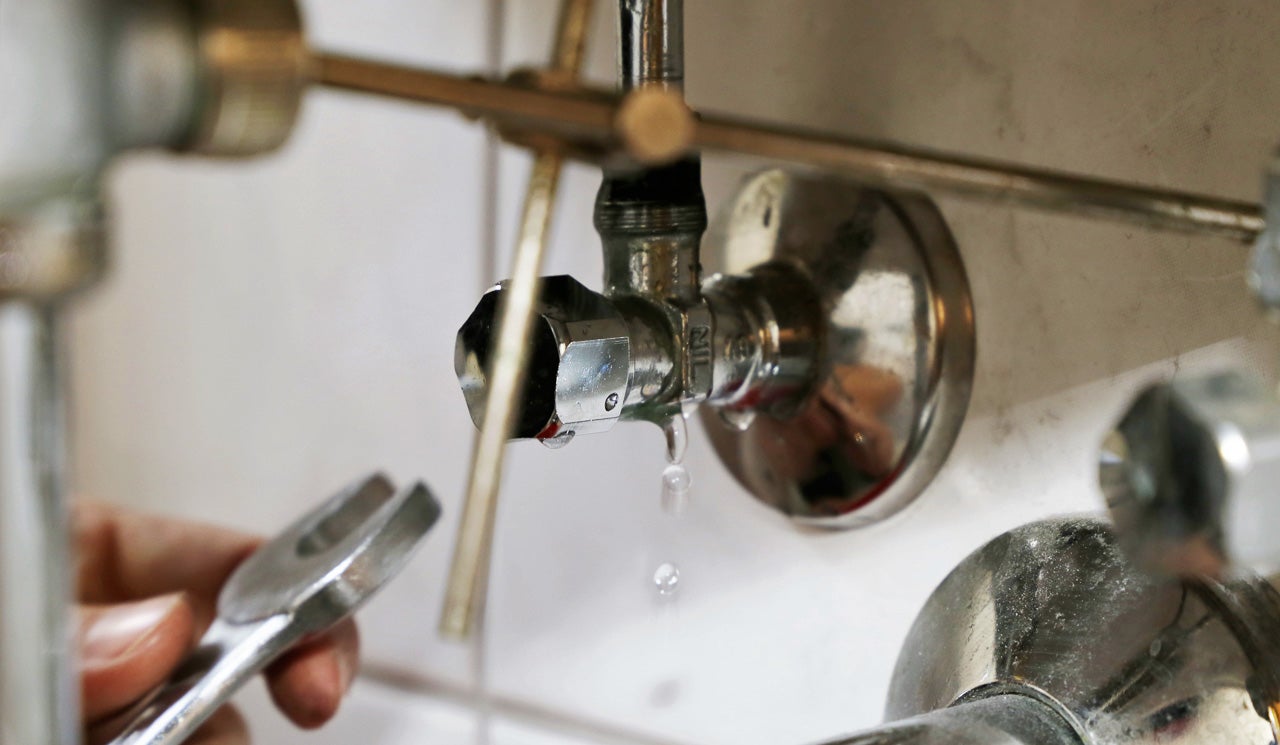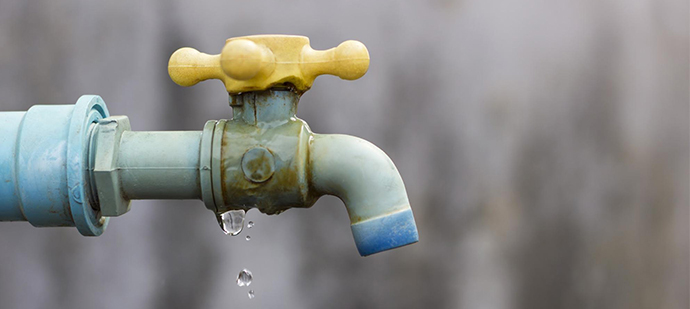Detecting Hidden Water Line Leaks: 6 Ingenious Methods
Detecting Hidden Water Line Leaks: 6 Ingenious Methods
Blog Article
Have you been trying to locate help and advice on Leaking water lines?

The moment you discover a leakage, calling your plumber for repairs is the very best service. Nonetheless, some tiny water leakages may not be visible. If you can not identify it with your nude eyes, below are some hacks that help.
Early detection of leaking water lines can alleviate a possible catastrophe. Besides conserving you cash, it will reduce the stress and also frustration.
Check Water Usage
If you detect abrupt adjustments, regardless of your intake being the very same, it suggests that you have leakages in your plumbing system. An abrupt spike in your costs suggests a fast-moving leakage.
On the other hand, a consistent boost monthly, despite the very same routines, shows you have a sluggish leak that's additionally gradually escalating. Call a plumber to extensively examine your home, specifically if you really feel a cozy location on your flooring with piping underneath.
Assess the situation and also inspect
Homeowners must make it a habit to check under the sink counters and even inside cupboards for any type of bad odor or mold and mildew growth. These two red flags indicate a leakage so prompt focus is needed. Doing routine examinations, even bi-annually, can save you from a significant issue.
Analyze the Water Meter
Every home has a water meter. Inspecting it is a guaranteed way that assists you find leaks. For starters, turn off all the water sources. Guarantee no one will flush, make use of the tap, shower, run the cleaning maker or dish washer. From there, most likely to the meter and watch if it will change. Given that no person is utilizing it, there must be no motions. That suggests a fast-moving leakage if it moves. If you detect no changes, wait a hr or two and check back again. This implies you may have a sluggish leak that might even be below ground.
Asses Exterior Lines
Don't neglect to check your outside water lines as well. Test faucets by attaching a yard pipe. Ought to water permeate out of the link, you have a loose rubber gasket. Replace this and make sure all connections are limited. If you've obtained a lawn sprinkler, it will aid get it expertly examined and kept every year. One small leakage can squander lots of water and increase your water bill.
Do a Food Coloring Test
When it comes to water intake, 30% comes from bathrooms. If the color somehow infiltrates your dish throughout that time without flushing, there's a leak in between the tank and dish.
Check for stainings and damaging as the majority of appliances as well as pipelines have a life expectancy. If you presume leaking water lines in your plumbing system, don't wait for it to rise.
The minute you locate a leakage, calling your plumber for repair services is the best remedy. Some small water leakages may not be visible. Inspecting it is a guaranteed way that aids you find leakages. One small leakage can lose loads of water and also surge your water costs.
If you presume leaking water lines in your plumbing system, don't wait for it to intensify.
5 Signs that Your Home Has a Hidden Leak
Your water bill is unusually high without explanation
Generally, your water bill tends to stay consistent throughout the year as long as the same number of people live in your household year round. The bill might be higher during certain times of the year, such as summer, when your lawn may require more watering than it does in cooler months. However, if you notice a rise in your water bill that you can’t explain, it’s an indicator that there’s a hidden leak somewhere in your home.
You hear running water
One of the biggest signs that you have a water leak is the sound of rushing water when no plumbing fixtures are on and when no water-using appliances are running. If you hear running water in your walls when no water is being used anywhere in your home, locate your home’s main water shut-off valve, shut off your water supply, and contact a plumber at once.
Your home smells musty
Hidden leaks often occur in dark spaces, such as behind walls or under carpeting. Incidentally, darkness and moisture can create an ideal breeding environment for mold or mildew. If you start to smell mildew or the scent of rotting wood or stagnant water around your home, it’s a fair bet that a leak is the culprit.
You find wet spots around your home
The wet spots usually show up as moist areas in your carpeting. If your home has a basement level, puddles on the floor could indicate a slab leak. Outside, unexplainable puddles or lush, green patches in your yard often mean that there’s a leak in your sewer line or main water line.
You have stains, bubbles, or condensation on your walls/ceiling
Stains or condensation on your walls or ceiling are both major signs of a hidden leak. Also, drywall (AKA. sheetrock) is very absorbent, and as it takes on more water from a leak behind a wall, it will start to bubble, swell, or warp. If you see this happening in your home, don’t wait to contact a plumber before the water damage spreads.
https://www.ezflowplumbingaz.com/blog/2019/june/5-signs-that-your-home-has-a-hidden-leak/

We were made aware of that editorial on Detecting hidden plumbing leaks through a friend on our other domain. Are you aware of someone else who is serious about the subject? Why not share it. I appreciate reading our article about Leaking water lines.
Top-notch care? Dial. Report this page